It has been a while since anyone has used Moises Caicedo as a £115million stick with which to beat Chelsea’s recruitment strategy.
You have to go back to December 2023, in fact, and then Liverpool manager Jurgen Klopp’s quip that they had been “lucky” to miss out on the Ecuador international a few months earlier, finding themselves outbid after agreeing a £111million fee with Brighton.
There are still unlikely to be any regrets at Anfield about the way things have panned out, especially in light of Klopp’s successor Arne Slot transforming Ryan Gravenberch into an elite No 6 this season. But the mockery of the fee has aged very badly. Not because Caicedo has actually been able to live up to that ludicrous price tag — which was always an unreasonable expectation — but because an excellent 2024 has firmly established him as being every inch the world-class midfielder Chelsea believed him to be.
There were clear signs in the second half of last season, under Mauricio Pochettino, that Caicedo was overcoming the pressure that accompanied his record-breaking move, steadily eliminating the individual errors that marred a difficult start to life in west London. His spectacular goal from the halfway line against Bournemouth at Stamford Bridge in May was a fitting punctuation mark on months of positive progress.
That upward trajectory has continued this season with Pochettino being replaced by Enzo Maresca, who has tweaked Caicedo’s position to make him more of a specialised No 6 in his structured system.

The patrolling presence of Caicedo at the base of midfield, snapping into tackles, making smart interceptions and playing sharp passes that put Chelsea on the front foot has been a non-negotiable for Maresca. No player in the squad has played more Premier League minutes than the Ecuador international (1,777), and the only other player to start every one of the club’s 20 league games is their 13-goal top scorer Cole Palmer.
Palmer is Chelsea’s best player — and were it not for the blistering form of a certain Egyptian powering Liverpool’s march towards the title, he would probably be the consensus pick as the best in the division — but there is a strong case to argue that Caicedo is the one Maresca would find it hardest to do without.
That is not as incendiary a statement as it might initially appear.
Almost every Chelsea attack goes through Palmer, and with good reason: his ability to create high-quality shots for himself and his team-mates is unrivalled in the Stamford Bridge ranks. The 22-year-old England international is both the best finisher and the best passer at the club. Losing him for any extended period would force Maresca to significantly tweak the team’s approach in the final third.
But other players could temporarily fill part of that huge void — chief among them Christopher Nkunku, whose skill set is far more suited to playing Palmer’s role than that of Nicolas Jackson up front. Maresca also has another skilful, imaginative attacker in summer signing Joao Felix who, like Nkunku, is neither a true striker nor a winger.
Chelsea’s attack would suffer mightily if Palmer were sidelined for a significant chunk of a season, but there is enough alternative talent in this squad to replace him in the aggregate for a game or two.
The same cannot be said about Caicedo who, at times this season, has resembled the connective tissue holding the entire team together.
No player in the Premier League has made more combined tackles and interceptions than Caicedo (93) — an even more remarkable statistic when you consider that Chelsea, who are averaging 58.2 per cent possession in the top flight (second only to Manchester City’s 61.4 per cent), afford him fewer opportunities to rack up either than tough-tackling rivals in less dominant passing teams.
It is no surprise to learn that he grew up playing football with Chelsea predecessor N’Golo Kante’s name on the back of his shirt. “He is my idol, everyone knows this,” Caicedo told the club’s official website last month. “As I’ve said before, I just try to help the team and my team-mates. He (Kante) was a very big player for Chelsea. I always watched videos of him and now I try to give my best.”
Kante was a unique, generational midfield talent during his Chelsea career from 2016-23. Caicedo has a different style on the pitch but there are shades of the great Frenchman in the speed and frequency with which he reads the play and covers ground to disrupt opposition counter-attacks before they can even begin. And once he wins the ball back, he is an immediate threat to turn defence into attack with a brilliant through pass, as he has done to assist Jackson away against West Ham and Liverpool this season.

Maresca rarely takes Caicedo off (Ben Stansall/AFP via Getty Images)
There is no other player in the squad even remotely capable of doing what Caicedo does as consistently well as he does it.
Romeo Lavia, though hugely talented in his own right, is more Mateo Kovacic than Kante: brilliant at receiving the ball under pressure and jinking away into space or playing a slick pass, but not yet defensively aware enough to be relied upon as the primary midfield destroyer. Enzo Fernandez is better utilised higher up the pitch, where his defensive flaws are less damaging.
Maresca has limited his trial of Cesare Casadei as a No 6 to games in the UEFA Conference League, and the young Italian could leave Chelsea permanently this month. Renato Veiga, despite flashing promise as an inverting left-back since joining in the summer, has not even been trusted to play alongside Caicedo in the Premier League since the 1-0 win against Bournemouth in September.
Andrey Santos is often cited as the best-equipped alternative on Chelsea’s books, but he is not expected to be recalled from loan at Strasbourg of France’s Ligue 1 this month and, in any case, has produced much of his best football as a box-to-box midfielder. The better course might be to bring Lesley Ugochukwu, regarded internally as having Aurelien Tchouameni-level long-term upside, back early from his miserable loan at hapless Southampton.
Caicedo’s importance is further underlined by the fact Maresca has only felt comfortable enough to bring him off twice in the Premier League this season: once in August, when Chelsea were 5-2 up after 76 minutes against Wolves, and in November when his side enjoyed a 2-0 lead away to Leicester. The latter game became unexpectedly nervy after Caicedo’s 81st-minute withdrawal, with Lavia conceding a penalty that was converted by Jordan Ayew.

Caicedo winning the ball back against Spurs (Justin Setterfield/Getty Images)
No team can avoid becoming reliant on their best players. Maresca last month insisted that Caicedo is good enough to “sit at that table” of elite holding midfielders with Rodri and Declan Rice. He, along with everyone else, cannot fail to have noticed the extent of Manchester City’s struggles to control games and defend transition attacks this season without their injured reigning Ballon d’Or winner.

Caicedo has been impressively durable for Chelsea, too; he started their final 20 Premier League games of last season from Christmas on, and not even frequent gruelling long-haul international breaks spent in South America have affected his availability. But even the most physically resilient bodies have a breaking point, and clubs need to be more mindful of those limits than ever as they manage key players through an increasingly crowded schedule.
Maresca has wisely limited Caicedo’s involvement in the Conference League to featuring in both legs of the qualifying play-off against Servette of Switzerland in August, and an FA Cup third-round tie at home to fourth-division strugglers Morecambe on Saturday offers a well-timed breather after an intense festive run.
Chelsea’s head coach has seen enough in his first six months at Stamford Bridge to be mindful of the possibility that a Premier League top-four finish could well depend on keeping his least replaceable player on the pitch when it matters.
(Top photo: Julian Finney/Getty Images)

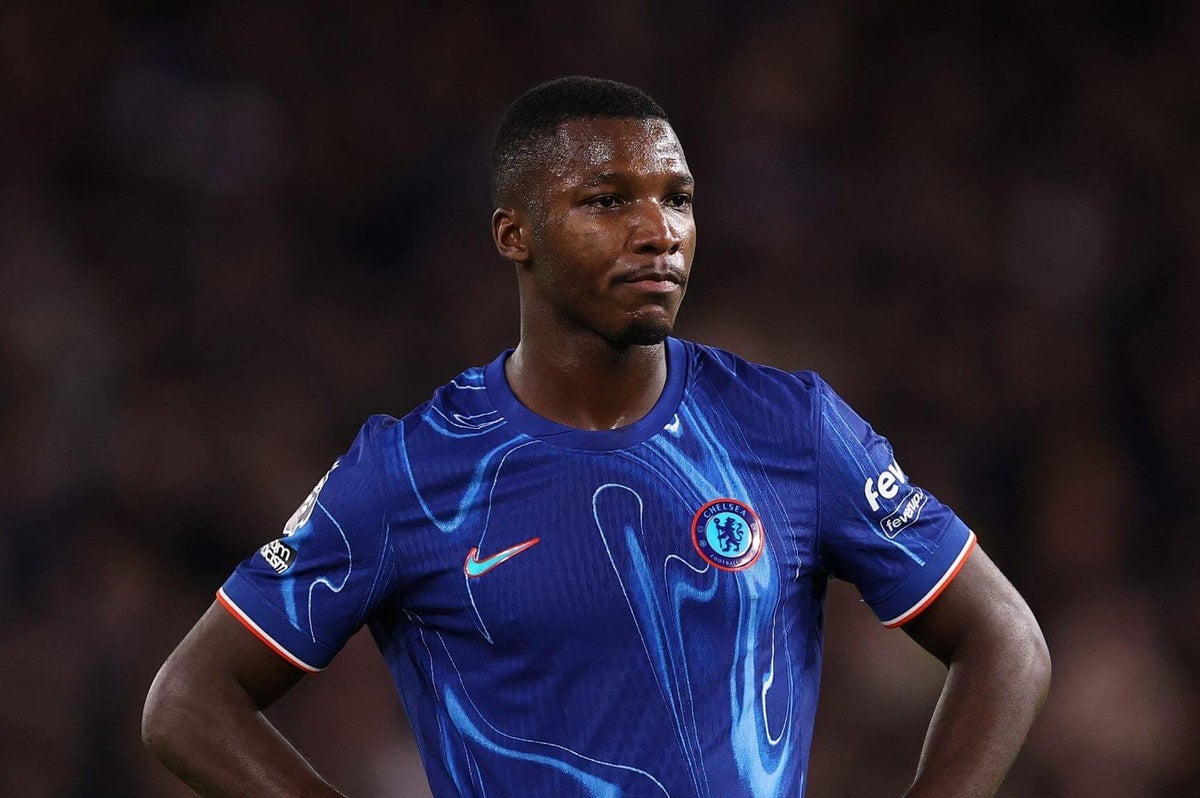
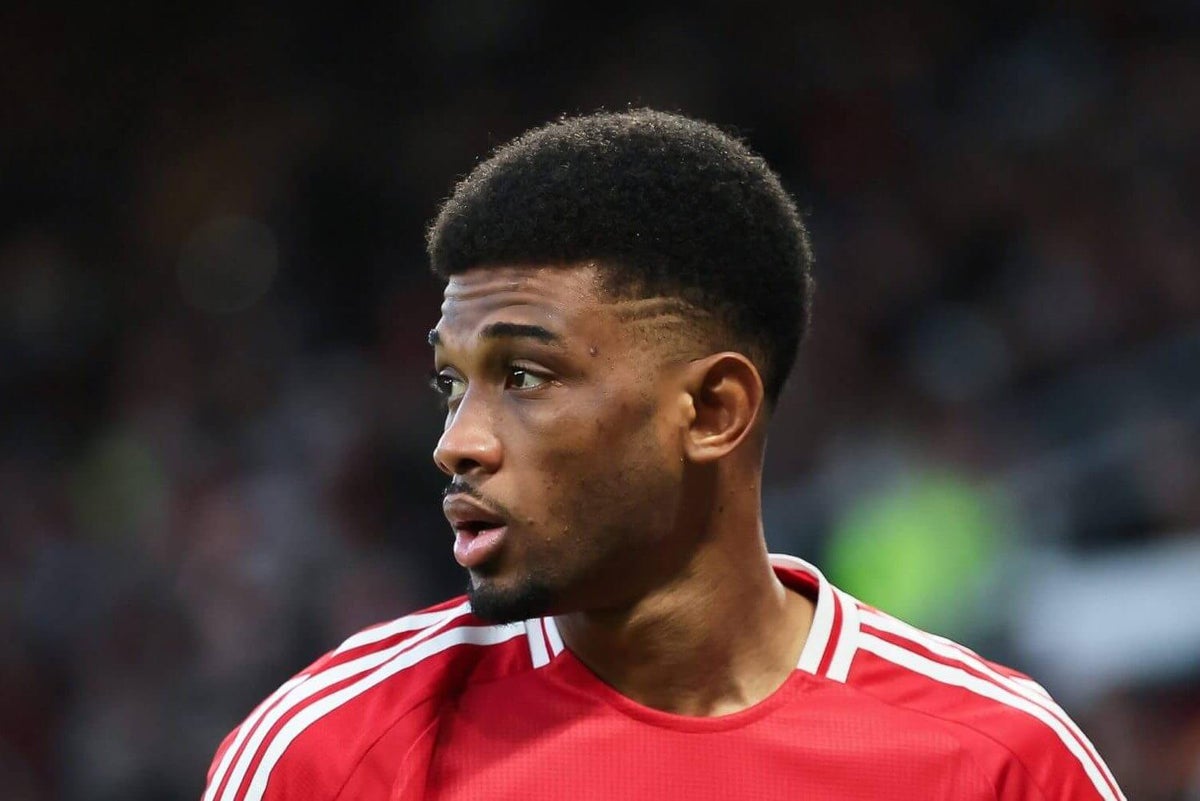
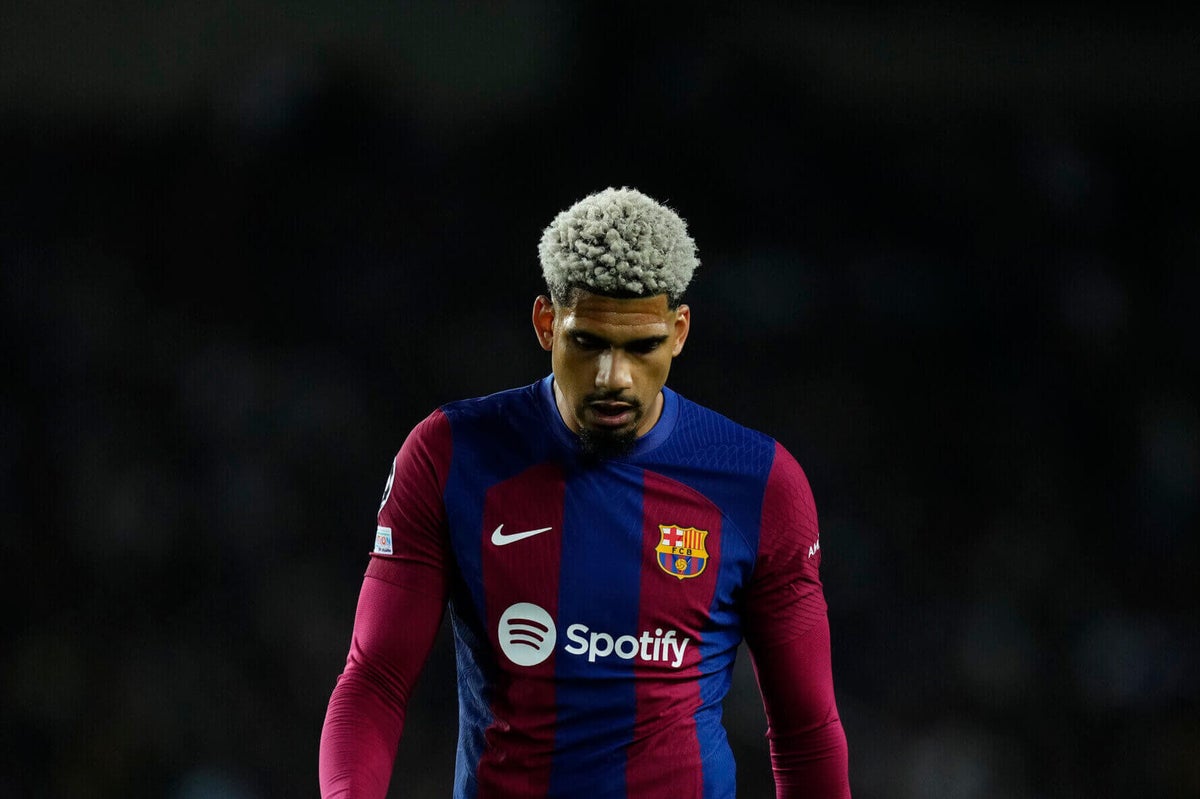
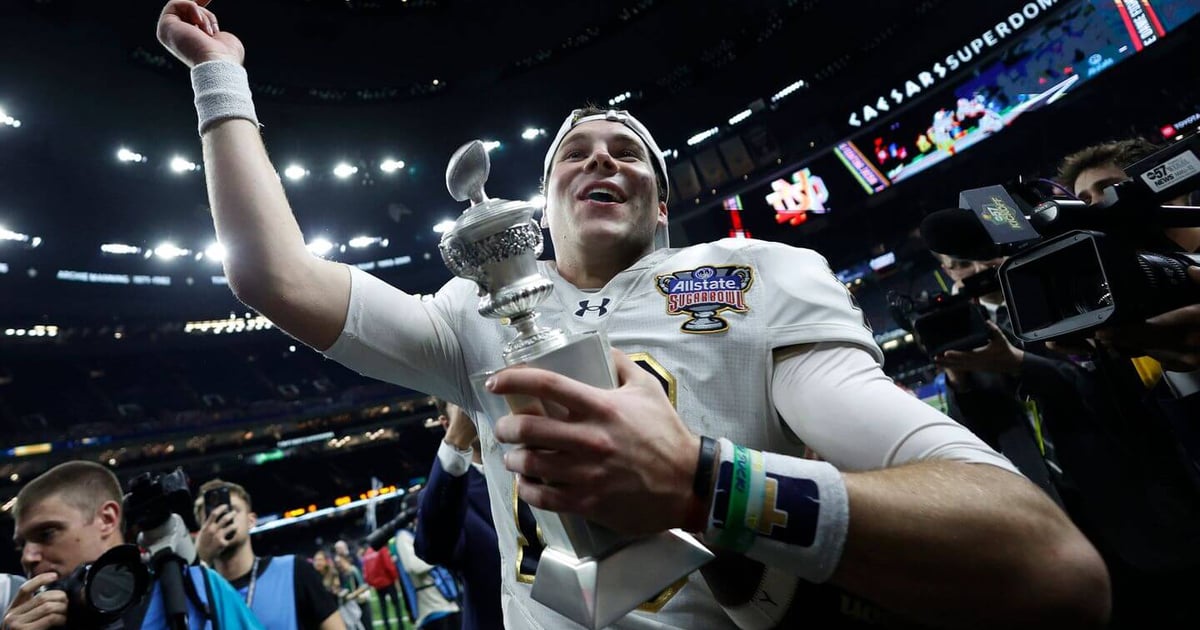
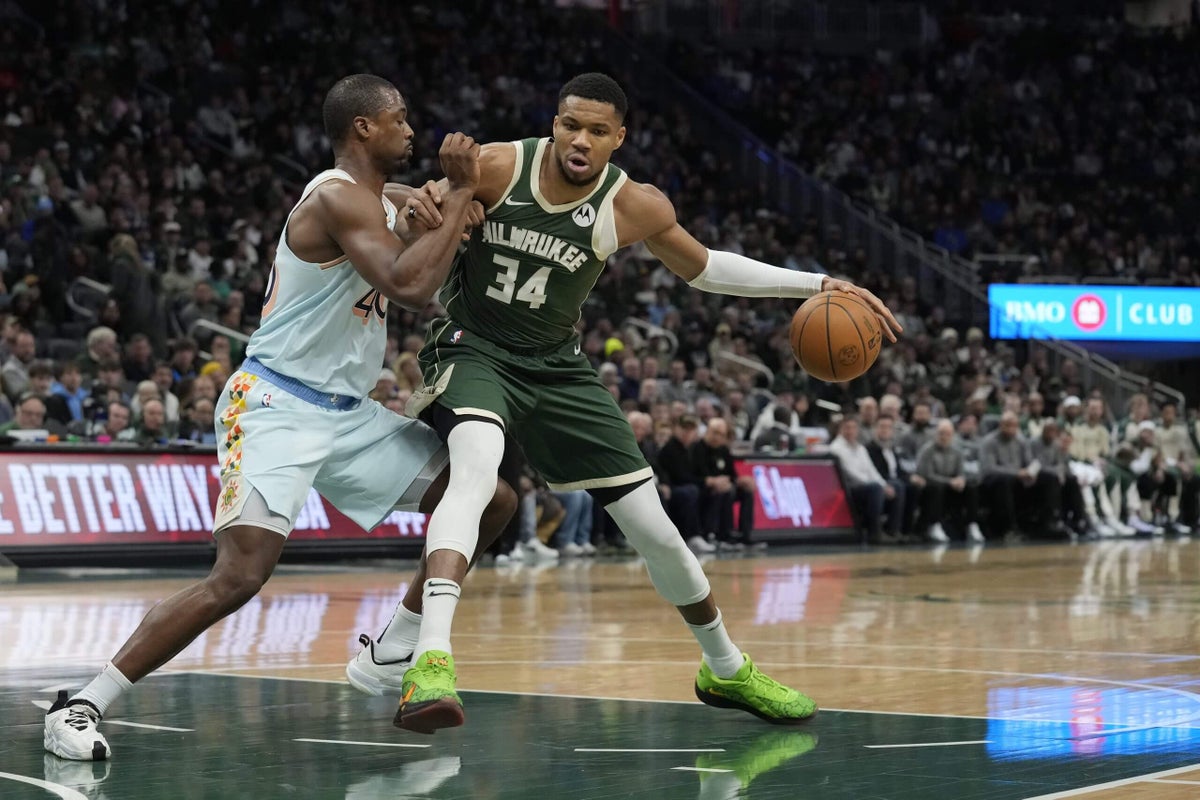
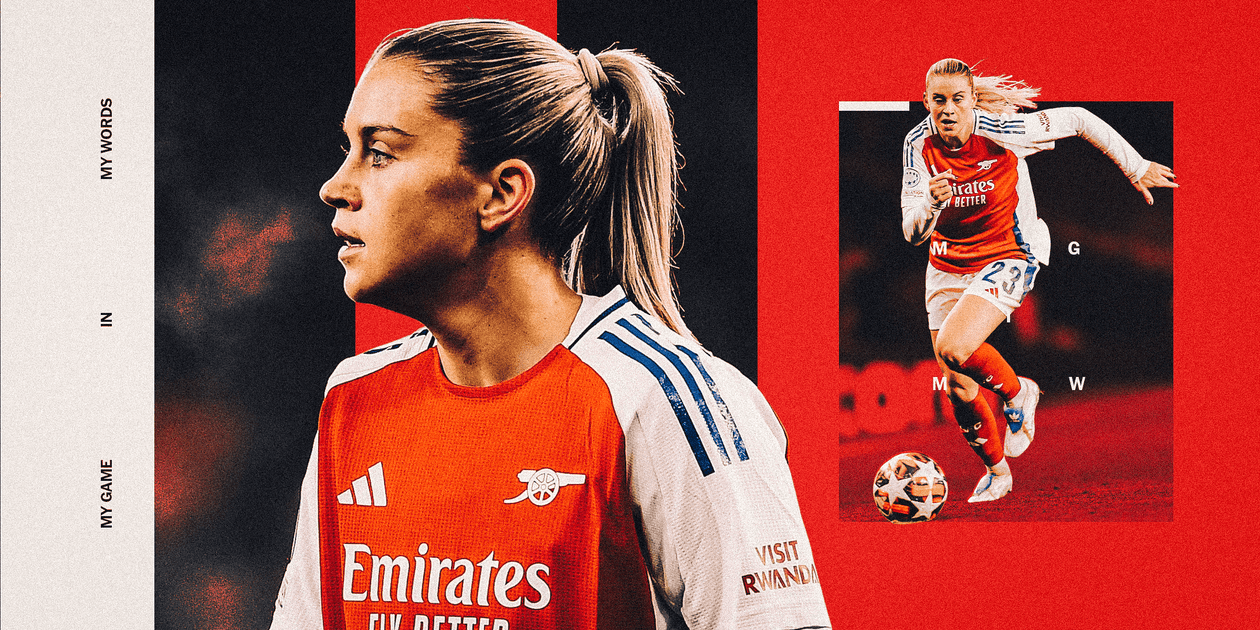
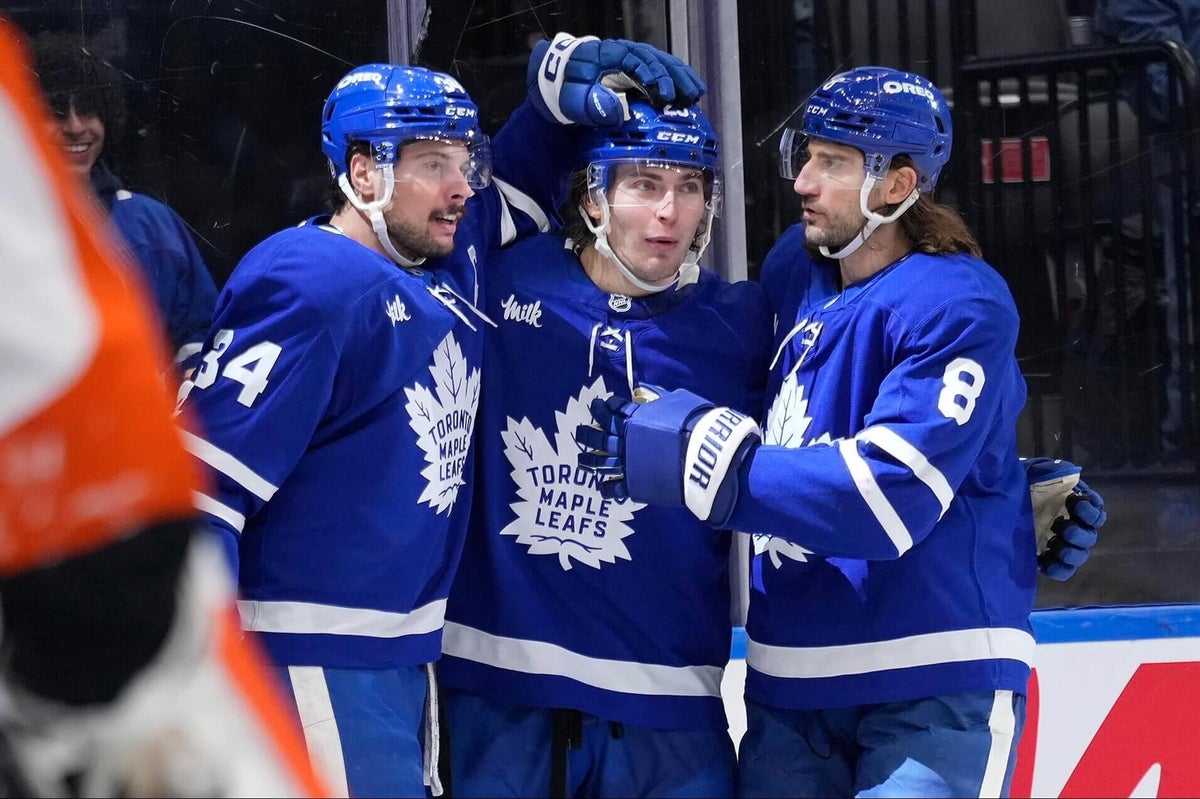
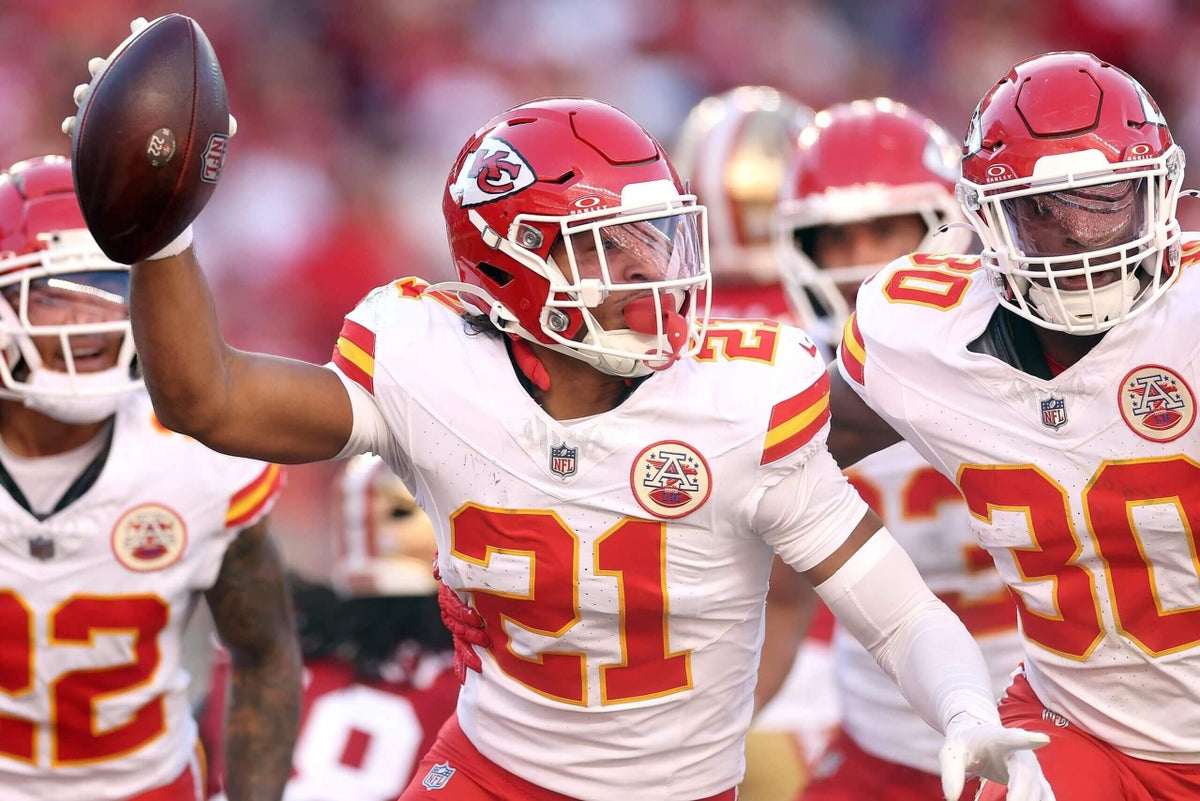
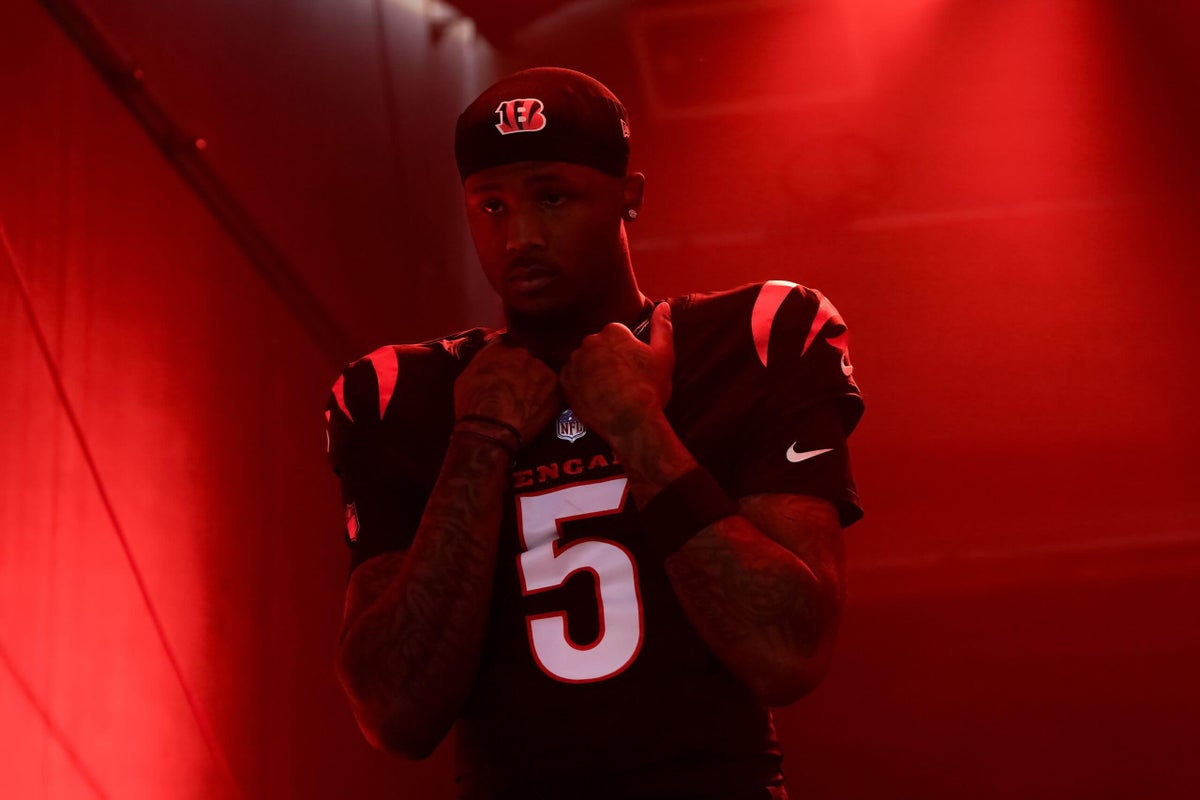
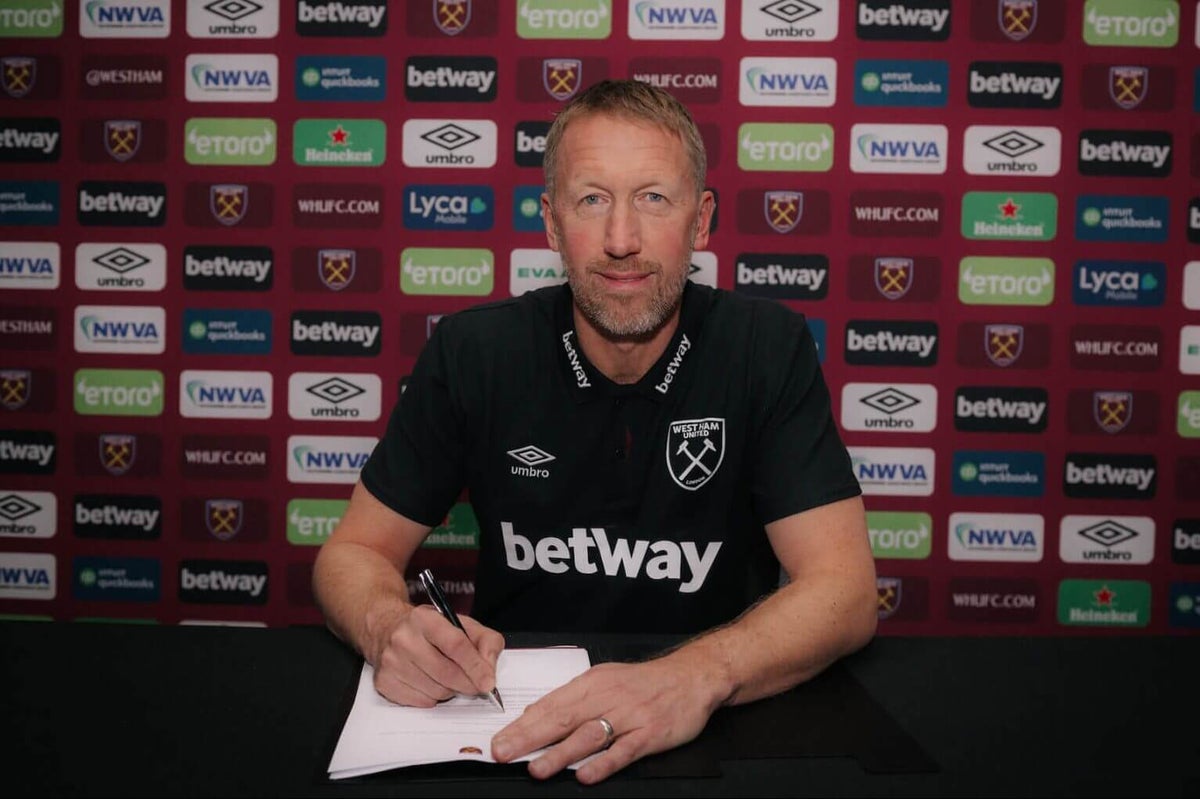
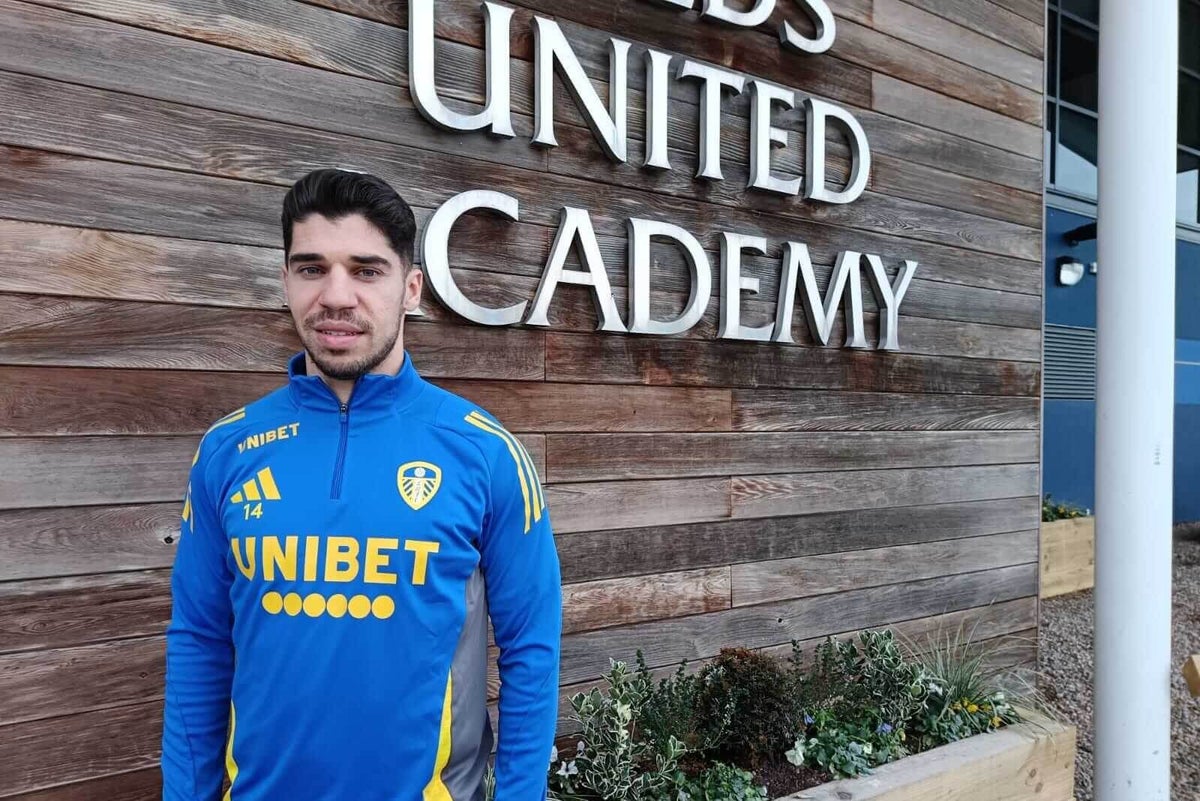

Leave a Reply